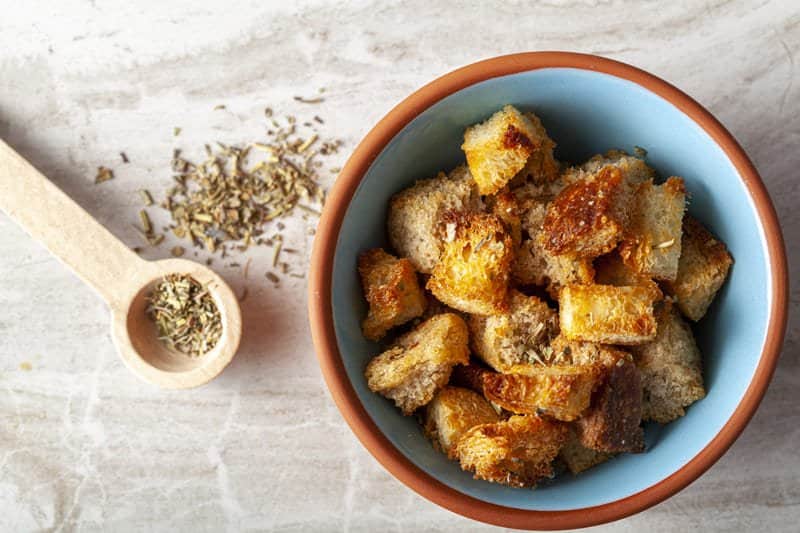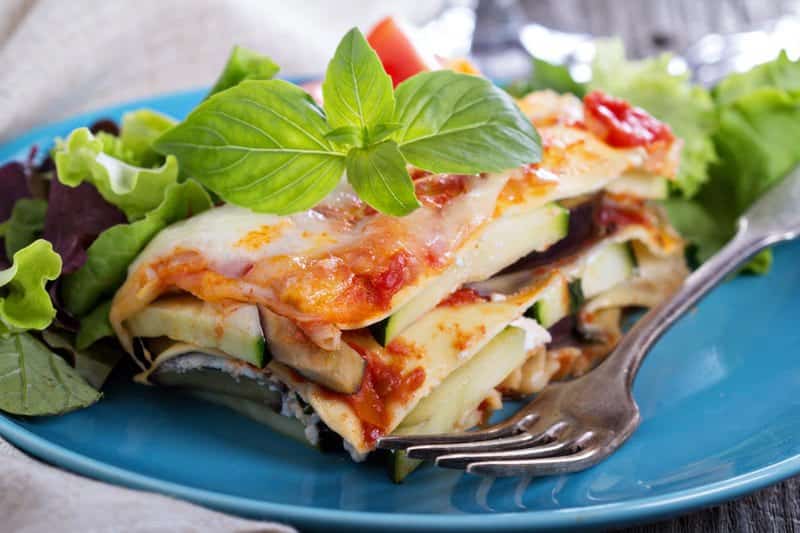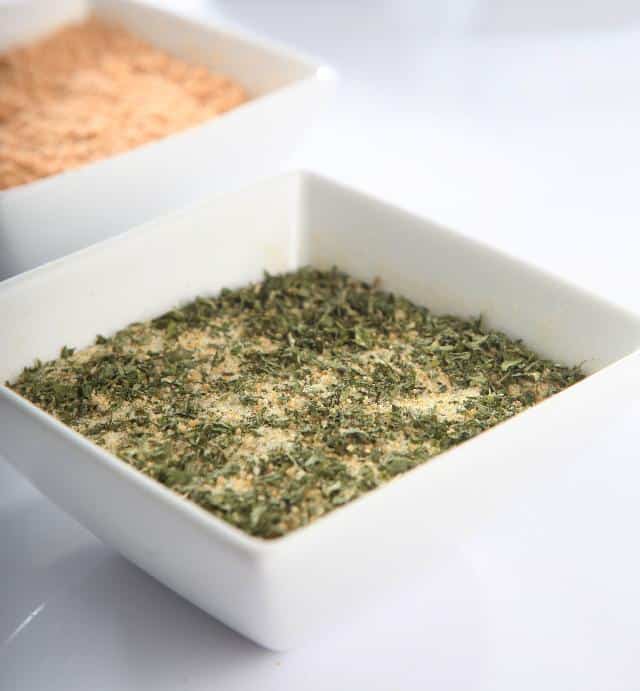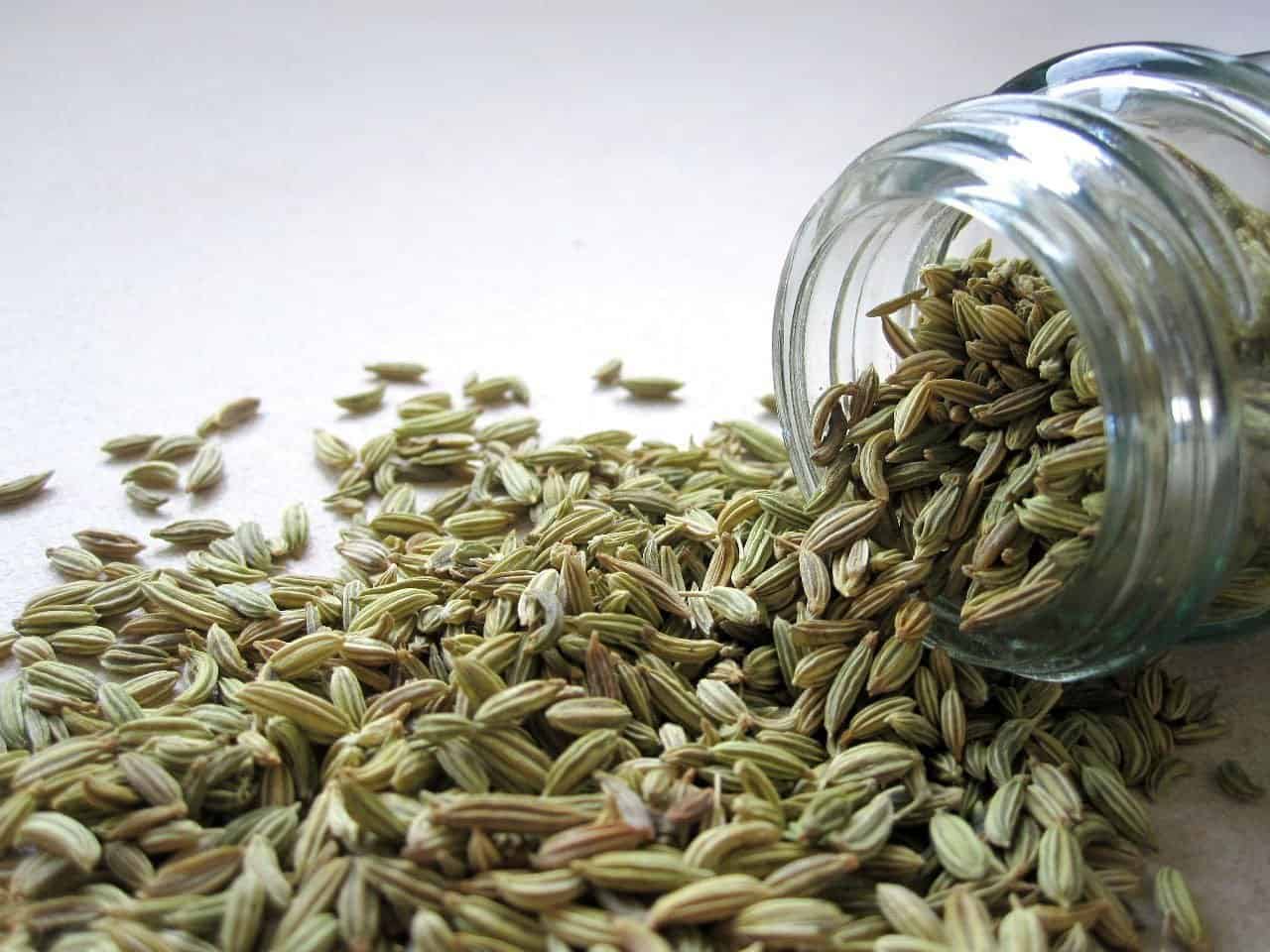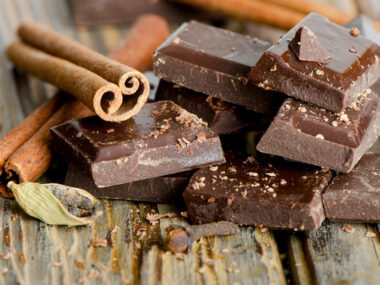Everyone has a unique taste and favorite food to eat. However, not everybody wants to prepare food. Preparing food is not a simple thing, you have to make something that’s delicious and has good taste.
Herbs and spices are used to boost the taste of the food. For example in Italy, the land of spices and herbs there are different types of herbs used for different meals.
Different brands use different blends of herbs. But they typically have at least some combination of oregano, rosemary, and basil. They’re basic herbs for Italian seasoning.
Some brands of Italian seasoning are adding salt, garlic powder, red chilly flakes, sage, or bay leaves. You can make your mix of dried herbs at home with at least three of the herbs used in the Italian seasoning.
And each time you can adjust the amounts of dried herbs until you find the flavor you like. Just don’t forget to write down the amounts of herbs so you could make it again.
The best substitutes for Italian seasoning are homemade Italian seasoning, fresh herbs, thyme, oregano, basil, Creole seasoning and Greek seasoning.
Top 10 Italian Seasoning Substitutes
Italian seasoning is a mix of the following ingredients:
- Oregano is the most known herb used with pizza, pasta sauce, chicken, or seafood.
- Basil is perfect in tomato-based dishes. But it’s also known as the key ingredient in famous pesto sauce.
- Marjoram has a similar but sweeter and delicate taste compared to oregano. And it works well for rice, beans, tomato dishes, and some veggie dishes. You can sprinkle it over a fresh salad. Or add it to minced meat mixtures.
- Thyme is a good herb for fish, meat, beans, stews, and soups. It is popular for seasoning lamb dishes. The slightly floral flavor is lightening the gamy taste of lamb.
- Rosemary is perfect for seasoning meats, especially lamb, pork, and chicken. However, it’s also great for potatoes, beans, and lentils. It’s also ideal for flavoring olive oils and cheeses. Rosemary has a powerful taste. However, use it carefully.
All these herbs are blended and used for making Italian seasoning. Italian seasoning is not typically found in Italian traditional cuisine. Or markets in Italy. It was first made in the USA as a spice for many Italian dishes.
If you don’t have Italian seasoning on hand, use some of the following substitutes. They’re just as good and some might provide even better results.
1. Fresh herbs
This is the easiest substitution for dried herbs mixture. But only if you have them on hand. Dried herbs have a more concentrated flavor than fresh herbs.
Therefore, use 1 ½ part fresh herbs for 1 part of dried herbs. It’s recommended to add fresh herbs at the end of the cooking for a more distinct flavor.
2. Homemade Italian seasoning
If you don’t have Italian seasoning but have some of the herbs that are used for its preparation you can use them to make your mixture.
Simply add 2 tablespoons of oregano, rosemary, basil, thyme, and marjoram to the food processor. Blend them to get the perfect mixture. You can also add garlic powder, salt, black pepper, or red chilly flakes, it all depends on your taste.
3. Herbes de Provence
It’s a seasoning made from savory, marjoram, rosemary, oregano, and thyme, with or without lavender flowers added. This herb mixture is used for roast chicken, roast lamb, grilled fish, roasted vegetables or
It can be added to salad dressings. Since it’s made from the same herbs like Italian seasoning it can be its substitute. Use Herbes de Provence without lavender flowers as a 1:1 substitute for Italian seasoning.
4. Dried basil and oregano
This substitute for Italian seasoning is a mix of dried basil and oregano. Basil has a sweet and savory flavor with mint and pepper traces.
Oregano, on the other hand, has a strong sharp flavor with a slightly bitter taste. They are mixed in a container in equal amounts. And your seasoning is ready.
5. Dried basil, oregano, and thyme
This mixture includes dried basil, oregano, and thyme. Thyme has a sharp minty flavor. it’s sweet and peppery with floral traces.
Use 1 teaspoon oregano, 1/2 teaspoon basil, and 1/2teaspon thyme, mix them in a container and use them for your dish.
6. Homemade Italian seasoning with sage
Italian seasoning with sage is a good substitute for the original one. It includes rosemary, oregano, basil, thyme, and sage. If you don’t have any of these herbs make the seasoning with what you have.
Using sage in the seasoning will give it a peppery taste with traces of mint, lemon, and eucalyptus. You will need 1 teaspoon of each rosemary, sage, and thyme, 2 teaspoons basil, and 3 teaspoons oregano. Blend them until you have the desired consistency.
7. Homemade Italian seasoning with fennel seed
Fennel seeds are the seed of the fennel herb. They have a sweet aniseed flavor. And they are common ingredients in spice mixes.
If you want to make this mix you will need 2 tablespoons of each oregano, basil, thyme, and 1 tablespoon fennel seed. Blend the dried herbs and keep them in the container.
8. Homemade Italian seasoning with black pepper
Black pepper adds flavor to every dish you make. It has a strong, spicy, and floral flavor.
You will need 1 tablespoon of each oregano, basil, thyme, rosemary, marjoram, black pepper, garlic powder, onion powder, and red pepper flakes. Blend them and you have your homemade Italian seasoning.
9. Creole seasoning
Creole seasoning includes oregano, basil, black pepper, white pepper, garlic powder, onion powder, paprika, and cayenne pepper.
If you don’t want spicy food, do not use this seasoning. Or you can make it without cayenne pepper. Creole seasoning is ideal for soups, stews, salads, rice, shrimps, gumbo, jambalaya, and burgers.
10. Greek seasoning
Greek seasoning includes oregano, garlic, onion, parsley, marjoram, and thyme. But some other spices like basil, salt, pepper, nutmeg, and cinnamon work as well.
It has a savory taste with minty and peppery tones. It is perfect for salads, veggies, beef, turkey, lamb, and chicken. Or as a dressing mixed with olive oil vinegar, and lemon. Or combined with Greek yogurt and lemon to make a dip for vegetables.
Related Questions
Is oregano the same as Italian seasoning?
Oregano is not the same as Italian seasoning. It’s one of the key herbs of Italian seasoning.
What is in store-bought Italian seasoning?
Store-bought Italian seasoning slightly varies by brand. But they all contain at least 3 common herbs including oregano, basil, and rosemary. Some of them also contain thyme and marjoram.
Is Italian seasoning the same as parsley?
Parsley is the perfect herb for flavoring sauces and other dishes. However, in Italian seasoning, you don’t have to add parsley if you don’t want to.
Summary
You can easily make Italian seasonings with just oregano and basil since they’re common in Italian cuisine. Oregano and basil go together in many dishes as main herbs.
However, you can always add other herbs. Rosemary, thyme, marjoram, garlic powder, pepper, and many others will work just fine.
It is important to remember that when you substitute some herb the flavor might not be as using the original mixture. However, you have many herbs to experiment with.
Always begin with a small number of herbs as a substitute and adjust it to your taste, you can even make your recipe for a new tasty mixture.
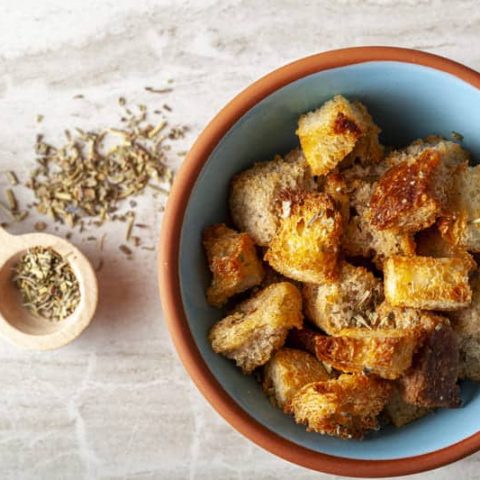
Homemade Italian Seasoning
Making Italian seasoning from scratch is super easy. Just follow the next step and you will have a homemade Italian seasoning in just minutes.
Ingredients
- 1 1/2 teaspoons dried oregano
- 1/2 teaspoon dried rosemary
- 1 teaspoon dried marjoram
- 1/2 teaspoon dried sage
- 1 teaspoon dried thyme
- 1/2 teaspoon dried basil
Instructions
- Blend them, and store them in a container.
- Italian seasoning is one of the most common herb mixes. It's unique and helps you make mouth-watering meals.
